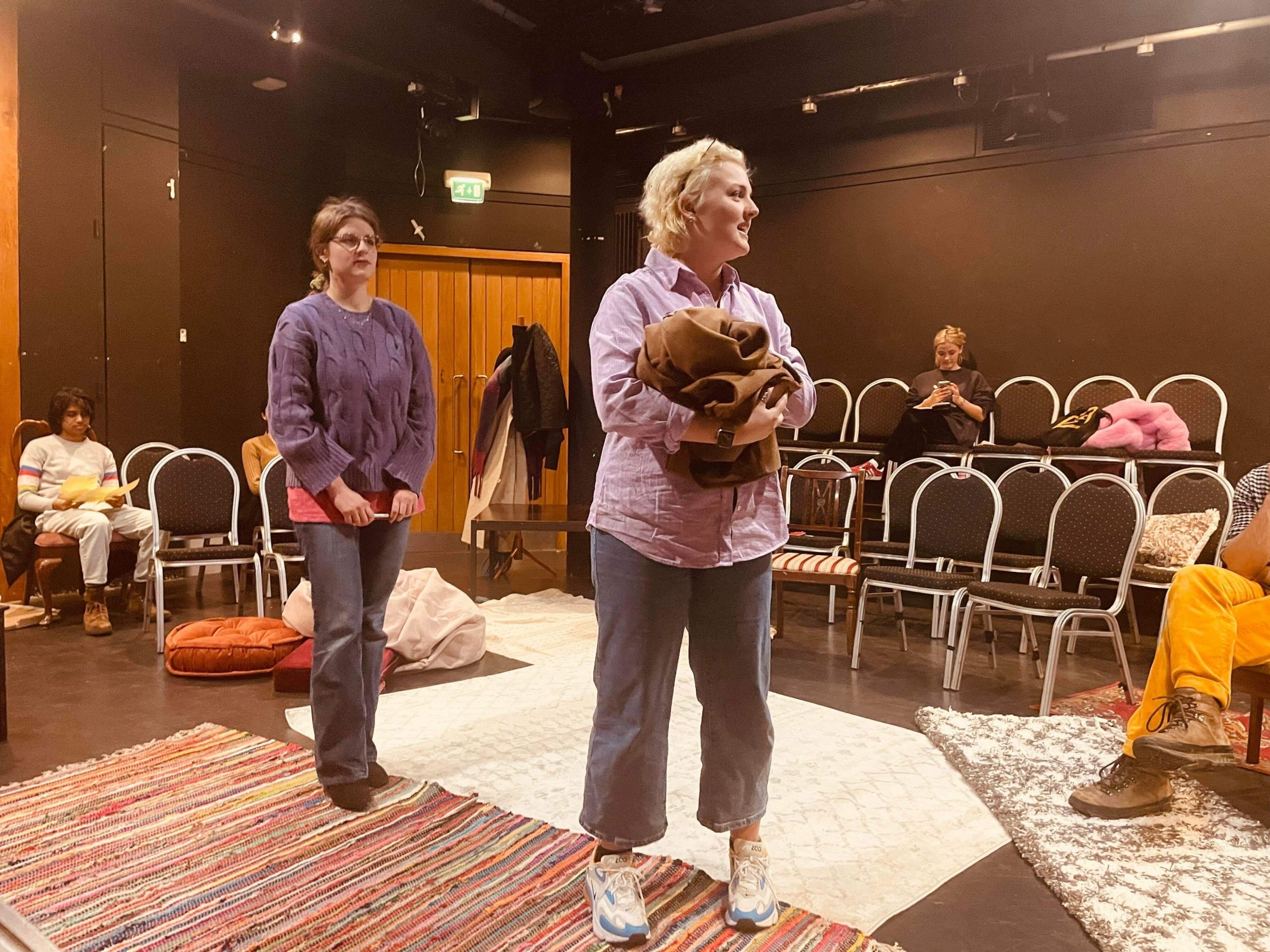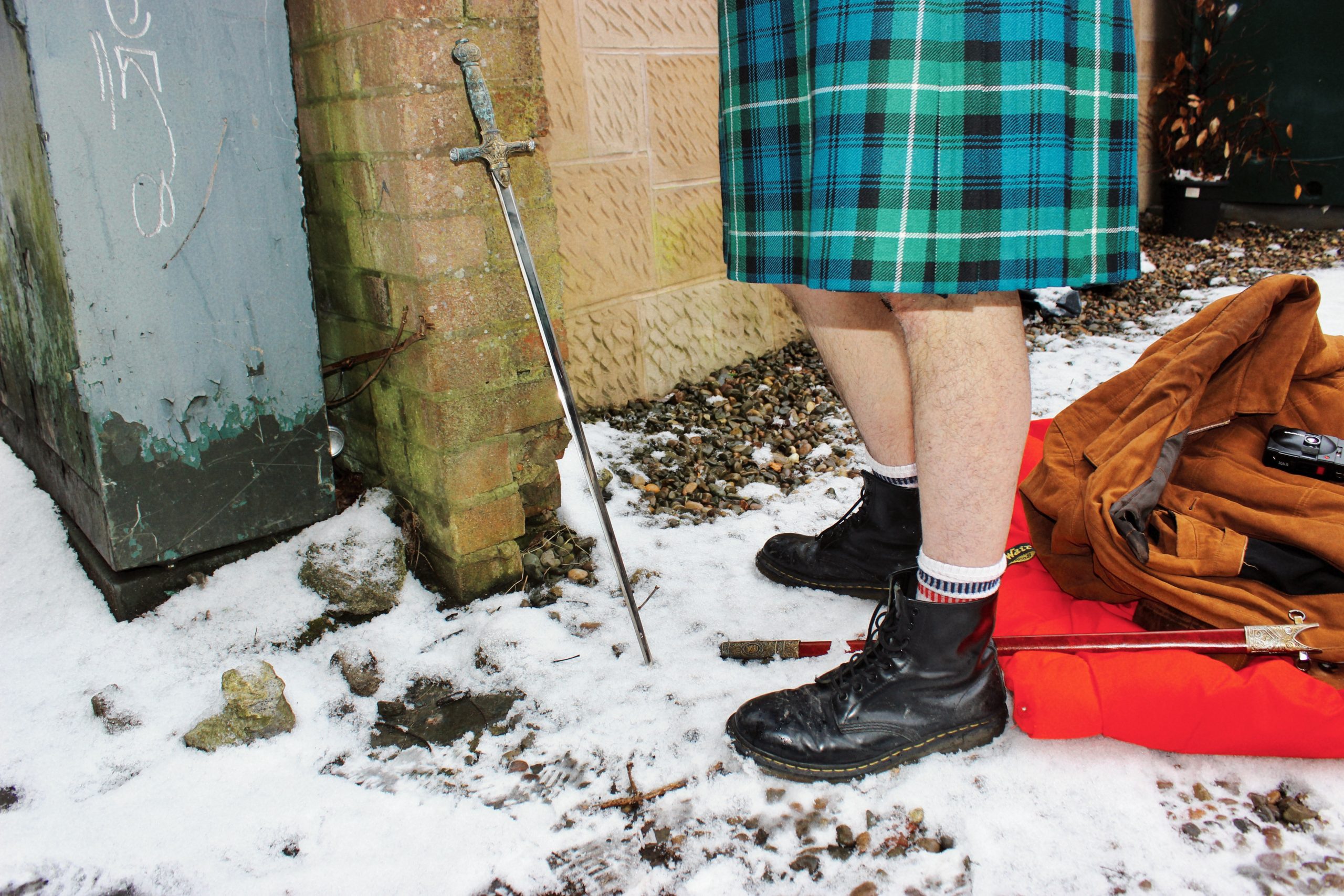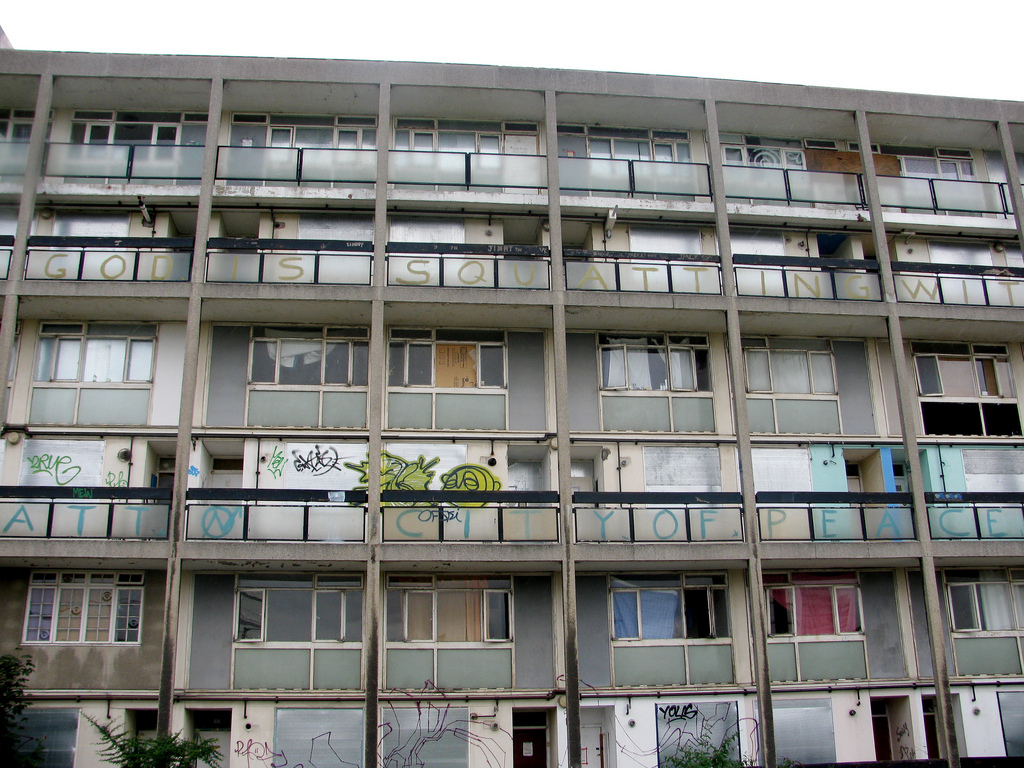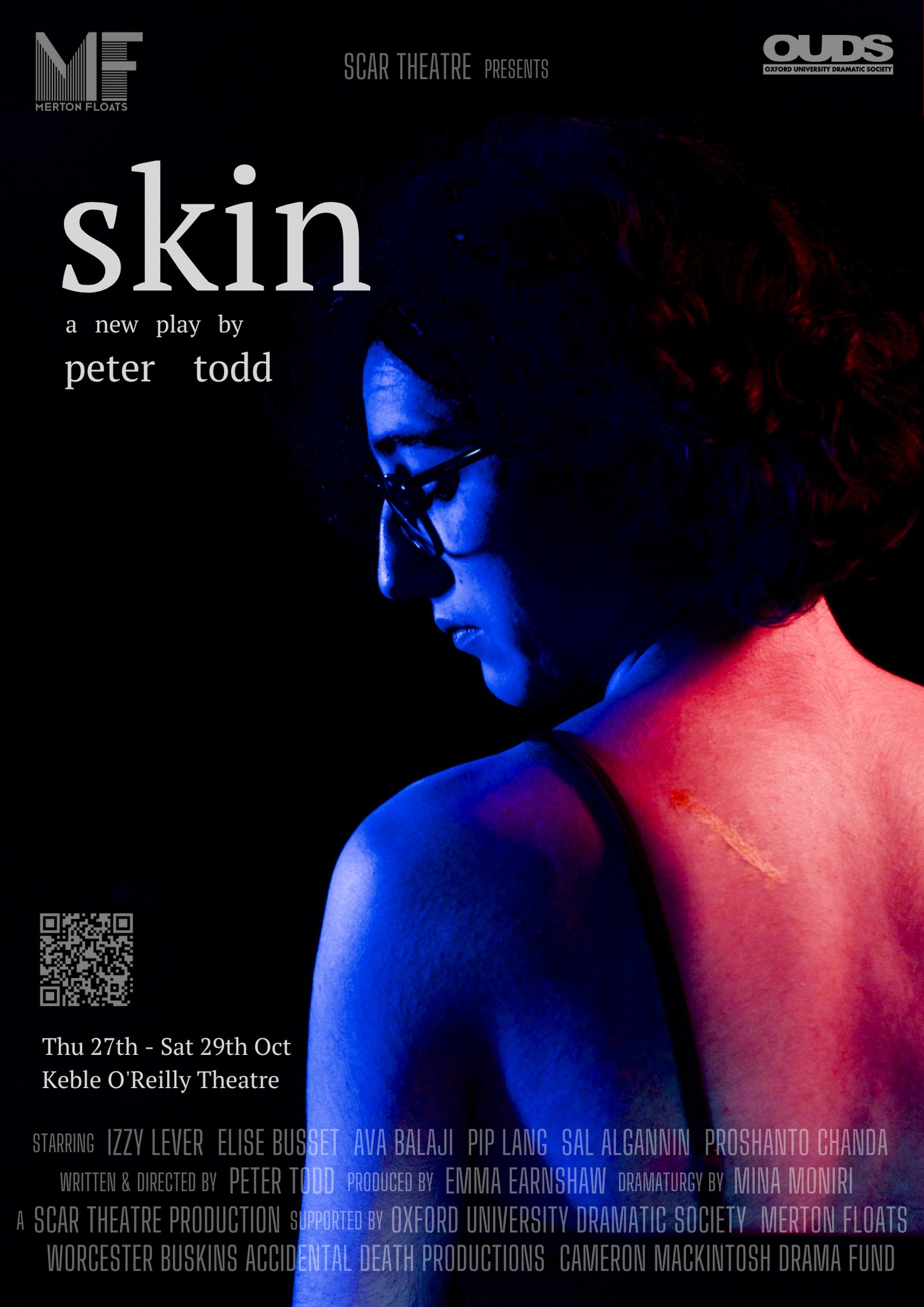
Review: Every Brilliant Thing
How do we know what makes life worth living? By making it our mission to find out, to notice and write down the small things: a colour, a song, an interaction with someone you love. ‘Every Brilliant Thing’, the one-woman play by Duncan Macmillan and Jonny Donahoe, sets out to do just this. This week at the Pilch, directed by Lydia Free and starring Leah Aspden, the play is an hour-long list-form exploration of all these things. What can a reviewer do but approach it in the same way?
- Tears in your eyes, as you and your friends repeat a newly-made private joke
Walking into the Pilch on Jowett Walk, the audience is met with a chaotic picture of comfort which is set to characterise the next hour of our lives. Quilts, soft blankets, and a mishmash of wooden chairs line the floor. Before I take my seat, I am given a hand-written note, scribbled upon a torn-out page of a notebook, which reads:
- When the hairdresser does exactly what you tell them to
Nestled among the cosy walls of the theatre, our attention turns to the lead, who stands on the one un-cushioned piece of studio floor. We go the entire play without learning the name of the protagonist (played by Aspden). She opens her monologue with an anecdote: a memory of driving to the hospital with her dad, the first time her mother attempted suicide, when she was just seven years old. This is the tragic backdrop to all the happiness she will fight to uncover over the next hour. The darkness of this scene is only slightly softened when an audience member is chosen to play ‘Dad’, aptly maintaining a slightly awkward grin as the monologue continues, before accurately miming a movement into first gear when instructed by Leah to ‘drive off’.
- The feeling of finishing a book
The selection of ‘Dad’ makes me freeze slightly – audience participation suddenly feels like a terrifying reality. I picture an alternative universe in which I could’ve chosen a seat at the back of the Pilch, rather than at the front. I dropped drama at the earliest possible opportunity for a reason.
But I speak too soon. The incredible improvisation by audience members provides gentle comic relief, as more characters are drawn in, including a vet who put down her childhood dog, and her first love, Sam. On love:
- Finally kissing someone you’ve always wanted to kiss
As a coping mechanism for processing her mother’s suicidal thoughts, the protagonist begins a list. Scattered throughout her monologue and in the hands of audience members are beautiful things to love about life. Random numbers are called out throughout the course of the play, and the corresponding audience member shouts out the words written on their piece of paper.
The plot progresses, time moves on, and the list gets longer, becoming a bullet-point Bildungsroman. As she grows up, the list shifts from the colour yellow to the smell of coffee in the morning to sex. The one constant in the play, this very list, grows to document all the small things that make life worth living, despite all its sadness and tribulations. This is a beautiful premise, that noticing and expressing gratitude for these brief moments of joy is exactly what we live for.
Another ‘brilliant thing’ in the play is the significance of blues and jazz, which the protagonist listens to on vinyl at crucial moments of the monologue. This is the influence of her father, who blasts ‘Move on Up’ when she is a child, and later sings Frank Sinatra’s ‘That’s Life’ at her wedding. Music became an incredibly compelling motif throughout, a consistently brilliant thing:
- A song transporting you back to a moment in time
Later, I realise that I feel a little more connected to the room of strangers I walked into but an hour ago.
The ending is strikingly sad. The ‘list’, for all its moments of joy, can’t prevent the mother’s eventual suicide. The softness through which her death is communicated is gently heartbreaking. Vinyl is played after her funeral, the same songs that have marked the protagonist’s life at various points.
The list gets longer, eventually reaching a million brilliant things. She dances – we dance, too.
- Watching the sun set on a summer’s evening
‘Every Brilliant Thing’ is an exquisite intertwining of the good things with the bad. It’s desperately sad, but quietly redemptive and hopeful. I walk away with my own sense of gratitude readjusted. When life does move into the grey moments, it is hard to not resign yourself to it. Yet within the sadness are always these brilliant things, always worth watching out for.
7. A friend telling you that we should start our very own list of brilliant things. ∎
Words by Sophie Lord.







